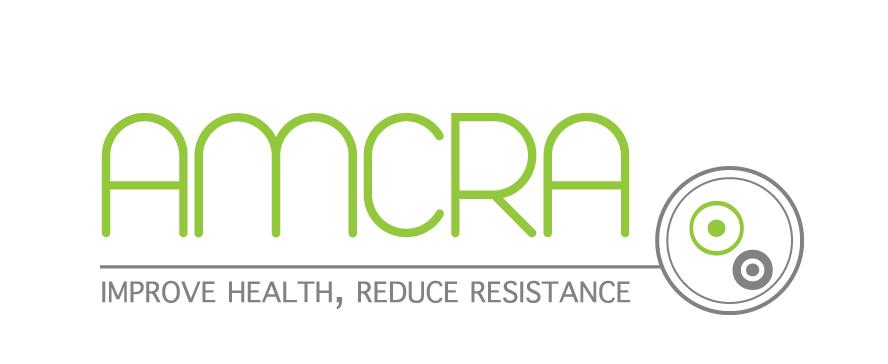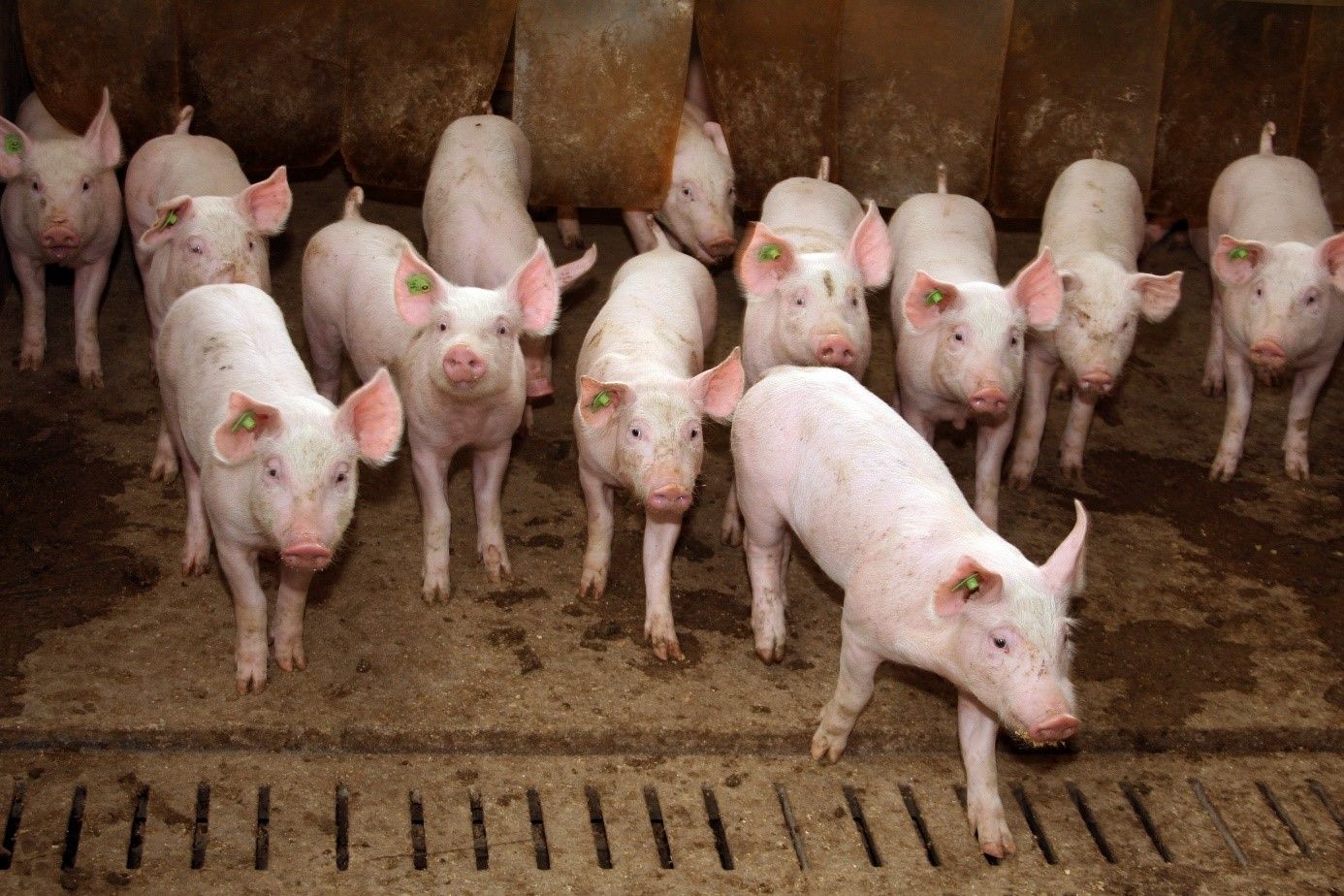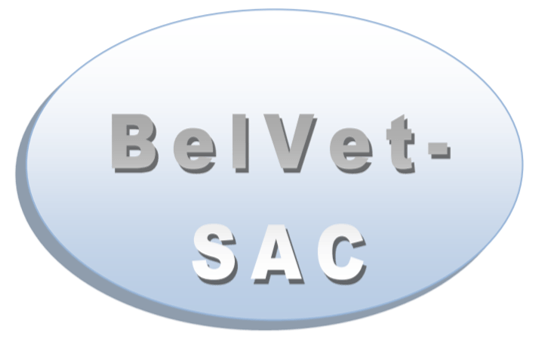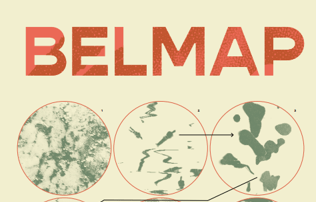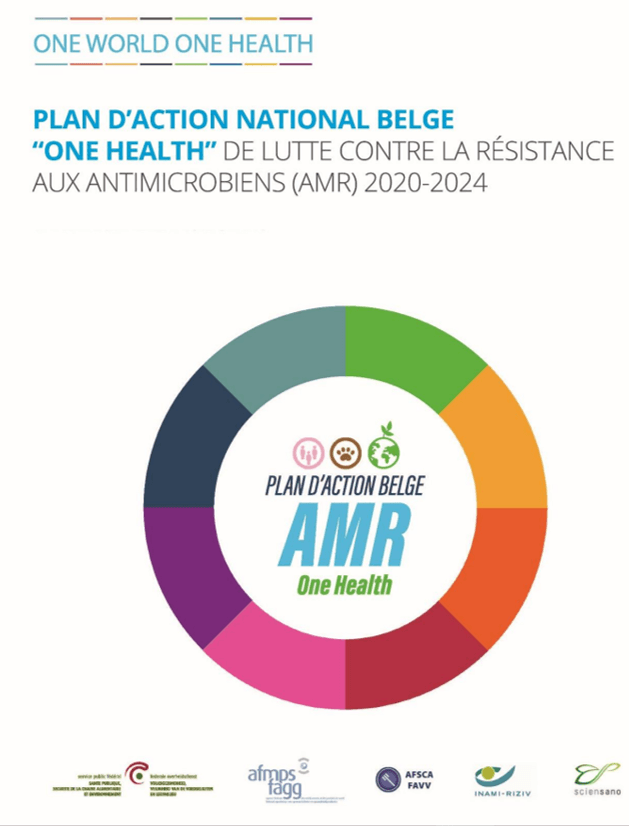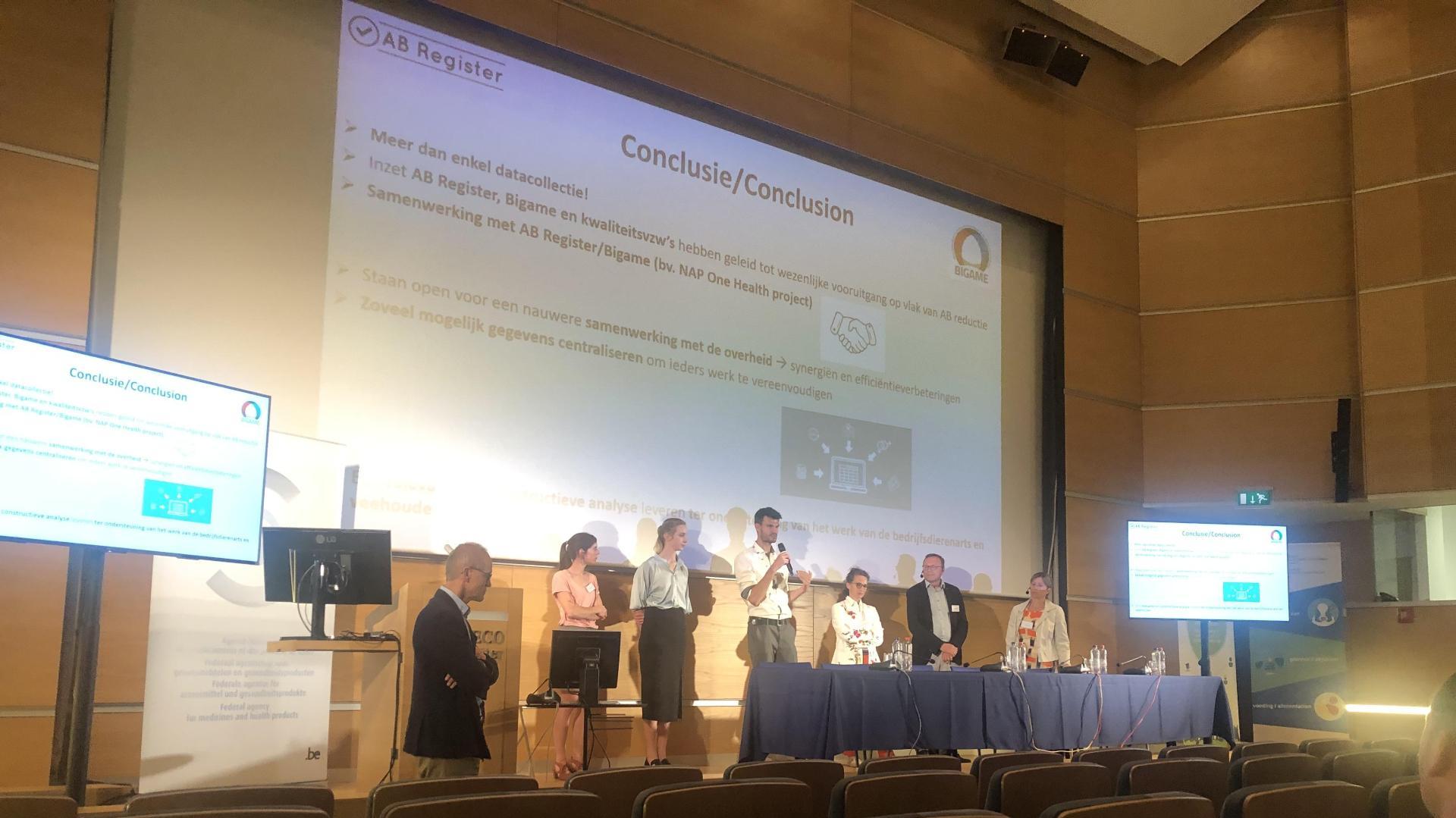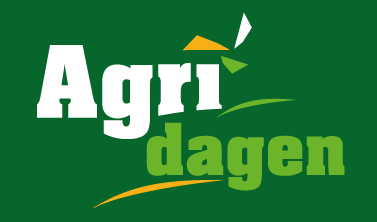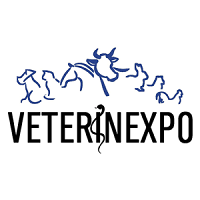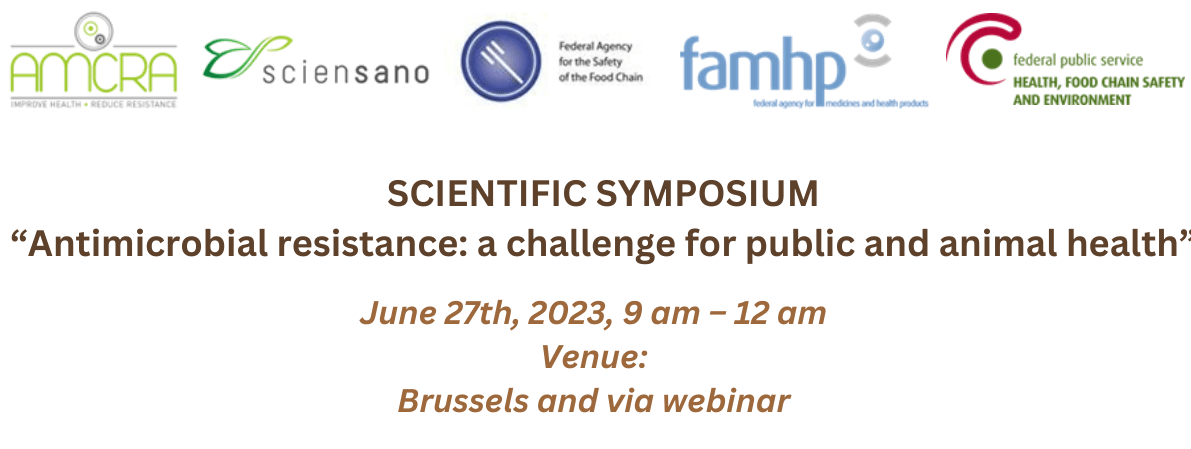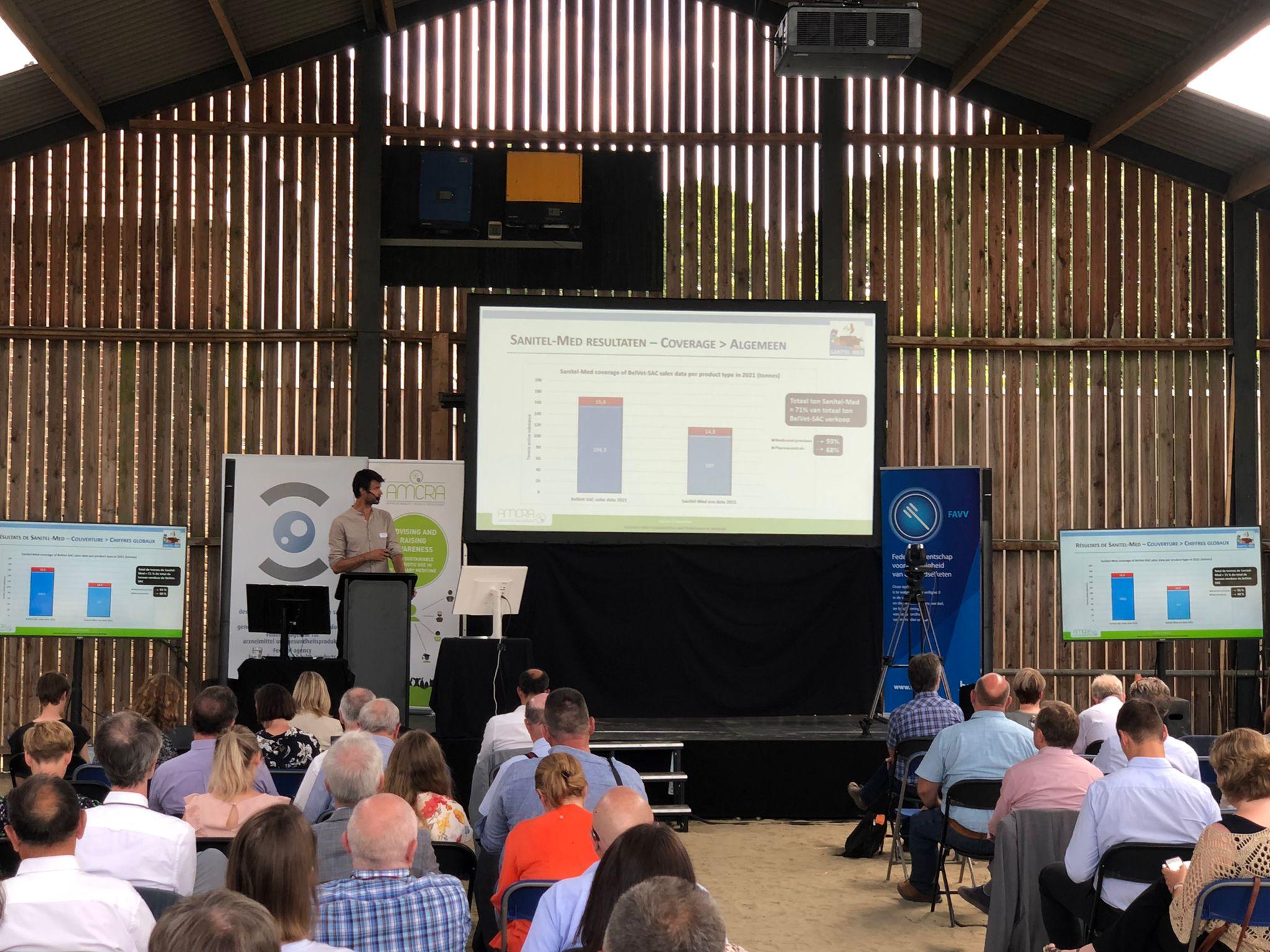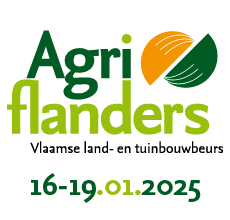Recommendations
AMCRA is an advisory body and it formulates recommendations in order to answer specific scientific or technical questions for the purpose of achieving the targets. Technical working groups are set up and their composition varies depending on the topic in question.
All AMCRA recommendations are available at the Dutch or French pages.
LEGISLATION
The European Union pays great attention to the proper use of veterinary medicines in its policies and has issued a European regulation on veterinary medicines (2019/6) and a regulation on medicated feeds (2019/4) for this purpose. In both regulations, there are several articles that have a direct or indirect impact on the use of antimicrobials and in particular antibiotics in the animal sector with the aim of fighting antimicrobial resistance. Both regulations therefore have an impact on national antibiotic policy in Belgium, resulting in changes to Belgian legislation.
Co-regulation plays a key role in antibiotics policy in Belgium. This means that both the sectors and the Government make efforts towards achieving reduced and rational use of antibiotics.
Belgian Royal Decree of 21 July 2016 and its amendments published in the RD of 21 July 2023 are important initiatives that illustrate the role of concerned authorities. Since the publication of these legislations in Belgium, conditions have been imposed on the use of critically important antibiotics (third- and fourth-generation cephalosporins and fluoroquinolones) by veterinarians in food-producing and all other animals (with the exception of intramammary therapy for mastitis).
The amended RD of 21 July 2016 also provides for the extension of compulsory registration of veterinary antibiotics to all cattle (dairy and beef cattle) and all categories of poultry of the chicken and turkey species. This obligation took effect on 10 August 2023. With this change, Belgium complies with the European obligation to collect and report antibiotic use data (European Regulation 2019/6). In time, the collection of usage data will be gradually extended to those of companion animals and horses, as stipulated in this European Regulation 2019/6.
For more information around SANITEL-MED, please refer to the Medicines Agency website.
The legislation on the practice of veterinary medicine and farm guidance by veterinarians also play an important role in responsible antibiotics use.
COVENANTS
On 30 June 2016, the first "Covenant between the Federal Government and all relevant sector partners on reducing the use of antibiotics in the animal sector" was signed by the Federal Government, represented by the Ministers for Public Health and Agriculture, the sector organisations pharma.be, ABS, BFA, Boerenbond, and FWA, the veterinarians' associations UPV and VDV, the animal health associations ARSIA and DGZ, the standards management bodies Belbeef, Belplume, Belpork, BVK vzw, Codiplan, IPW IKM/QFL/QMK, and AMCRA.
A summary of the results and activities of the Covenant on reducing antibiotic use can be found in the public reports.
February 2021 saw the signing of the second "Antibiotics Covenant between the Federal Government and all relevant sector partners on responsible use of antibiotics in the animal sector in the fight against antibiotic resistance" for the period 2021-2024 by the Federal Government, represented by the Ministers for Public Health and Agriculture, the sector organisations pharma.be, ABS, BFA, Boerenbond, FWA, Landsbond Pluimvee, and VEPEK, the veterinarians' associations UPV VeDa and SAVAB-Flanders, the Dutch- and French-speaking regional boards of Order of veterinarians (NGROD and CRFOMV), the animal health associations ARSIA and DGZ, the standards management bodies Belbeef, Belplume, Belpork, BVK vzw, Codiplan, IPW IKM/QFL/QMK, and AMCRA.
